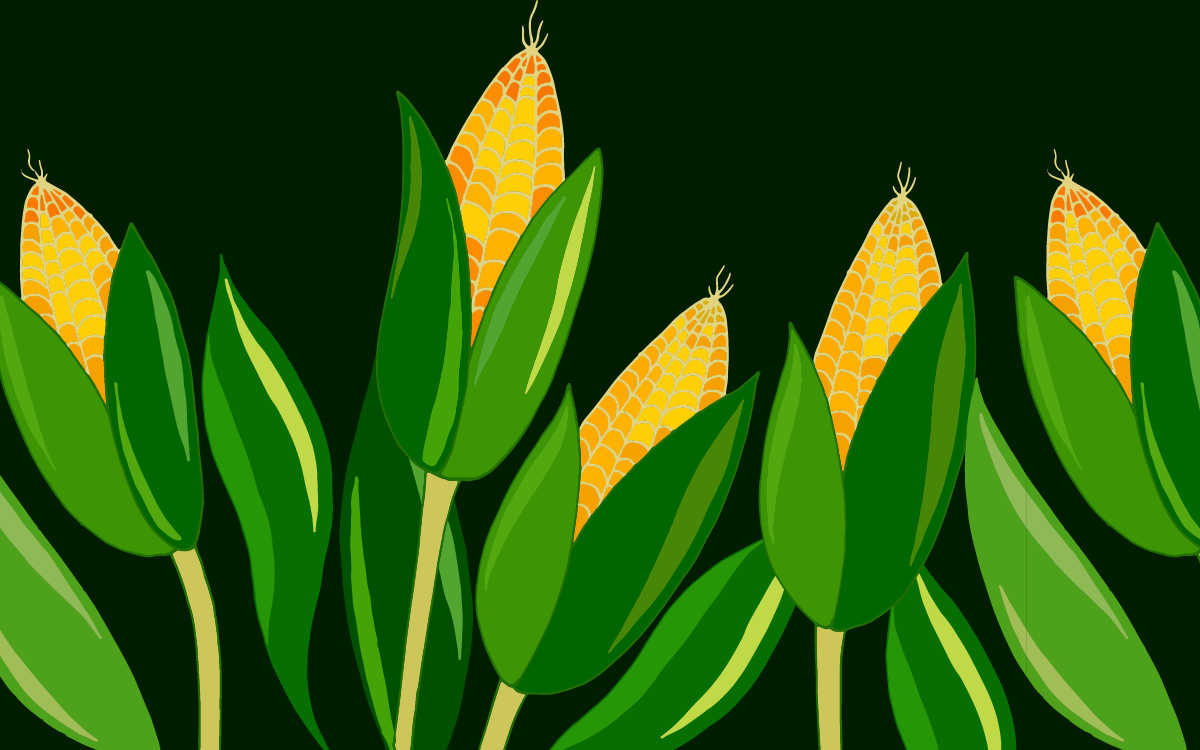new to the gluten free journey?
new to the gluten free journey?

Contents
ToggleStay up-to-date with the latest articles, tips, recipes and more.

*These statements have not been evaluated by the Food and Drug Administration. This product is not intended to diagnose, treat, cure or prevent any disease.
If you are pregnant, nursing, taking medication, or have a medical condition, consult your physician before using this product.
The entire contents of this website are based upon the opinions of Peter Osborne, unless otherwise noted. Individual articles are based upon the opinions of the respective author, who retains copyright as marked. The information on this website is not intended to replace a one-on-one relationship with a qualified health care professional and is not intended as medical advice. It is intended as a sharing of knowledge and information from the research and experience of Peter Osborne and his community. Peter Osborne encourages you to make your own health care decisions based upon your research and in partnership with a qualified health care professional.
17 Responses
This was very informative. I’ve been diagnosed with celiac disease for about six months now. What about cream corn?
Cream corn is still corn.
Well that would explain a few things for me after. I had one piece of organic sweet corn . I didn’t digest it had stomach cramps and now diarrhea for several days. I got diagnosed with celiac late in life 62 am now 71. Positive on all test and predisposed genetically and Irish on both sides.
Genetic testing revealed I am gluten sensitive. After years with IBS, my life changed when becoming gluten free. However, one day recently I had an ear of fresh corn and later had popcorn. IBS returned with a vengeance within 24 hours. No oats, rice or corn for me!
maybe pressurecooking white rice?
I am allergic to corn and I couldn’t get better until I removed gluten from my diet. Where is the study that gluten of corn is extremely different? Sounds like propaganda from the corn lobbyist. Corn comes from teosinte which looks just like wheat. It is a grass grain. The word corn itself means cereal grain. Corn in English can mean wheat, oats, rye, rice or corn depending on the country. Aren’t we being gaslighted by scientist. Only nixtilimated corn is maybe gluten free which over 200 corn ingredients are mostly wet milled and not gluten free. If you are allergic to the prolamin of Zein no you still cannot have nixtilimated corn but produces a different reaction still on the body. Also there are different reactions to corn and corn intolerance is practically gluten intolerance. Because people refused to do studies we just instead let corporations try to poison people
Totally confusing. Simple question ‘ is wheat, rye, barley and oats gluten free or not’ ?
No. Wheat, rye, barley, and oats are not gluten free.
This question was posed probably because of the sentence under “The Takeaway” that says the four are gluten free. (“That is because those diagnosed with celiac disease often turn to other grains to replace the four commonly cited as gluten free.“)
I’ve never heard of oatmeal being an issue, particularly since they make gluten-free to avoid cross contamination. Did I miss a memo?
Avenins are oat gluten proteins, similar to gliadin in wheat. They can trigger celiac disease in a small proportion of people. Also, oat products are frequently contaminated by other gluten-containing grains, mainly wheat and barley.
I learned this the hard way. Like most CD patients I turned to corn as a grain replacement and suffered terrible stomach issues for days afterwards. I realized then that corn is just as bad as wheat, barley, oats and rye for me and have stayed away from it ever since.
Where was the corn grown? Was it a US brand name? I had corn naturally harvested in Peru and had no issues.
I would welcome a discussion of the connection between this research and the research showing the zonulin activation by GMO Corn.
This is very possible. When visit my sister in Switzerland I have no problem with corn or cheese. Different bacteria as well.
Very interesting! Can you put the link of the original study please?
At 60 years old I realized with the help of the internet and Dr Peter Ozborne the only person with the proper knowledge of Gluten eventually I realized i was gluten intolerant and went off gluten. My doctor sent me for a endoscopy and found nothing as I took myself off gluten before. A short while later after elimination diet I realized I was having reactions to corn Gluten. My new doctor 9 years later said he had a blood test saying I was (Wheat Gluten intolerant) but no word on Corn. I have hypertension and every medicine I receive has corn in it all have nearly 100 different names but corn. I wrote to the coeliac society in Brisbane and I was told there’s no gluten in Corn and it was safe for coeliacs I received magazines selling corn products to coeliacs from them i was annoyed and frustrated and still are. The government has made a law that businesses don’t have to declare corn in all products but they must declare all other ingredients. Not Fair